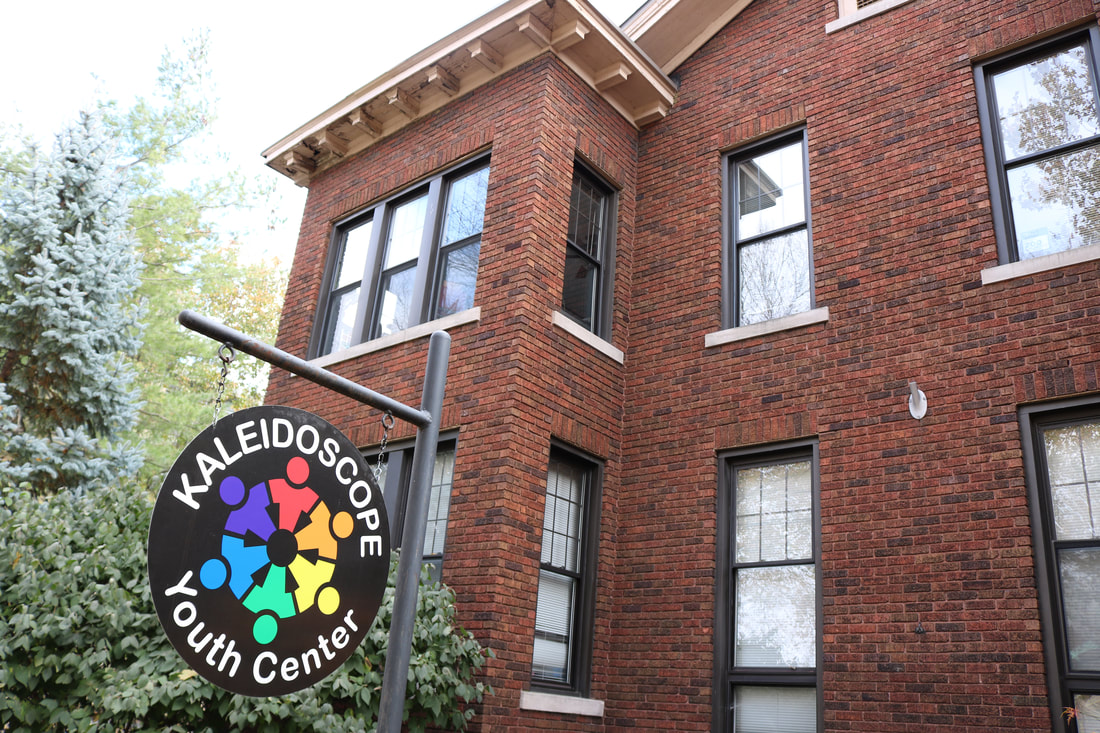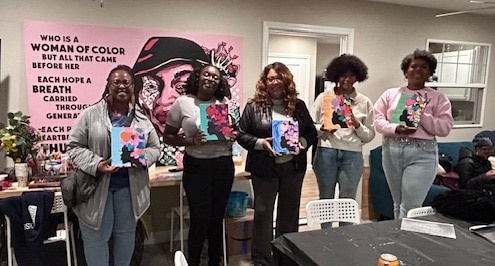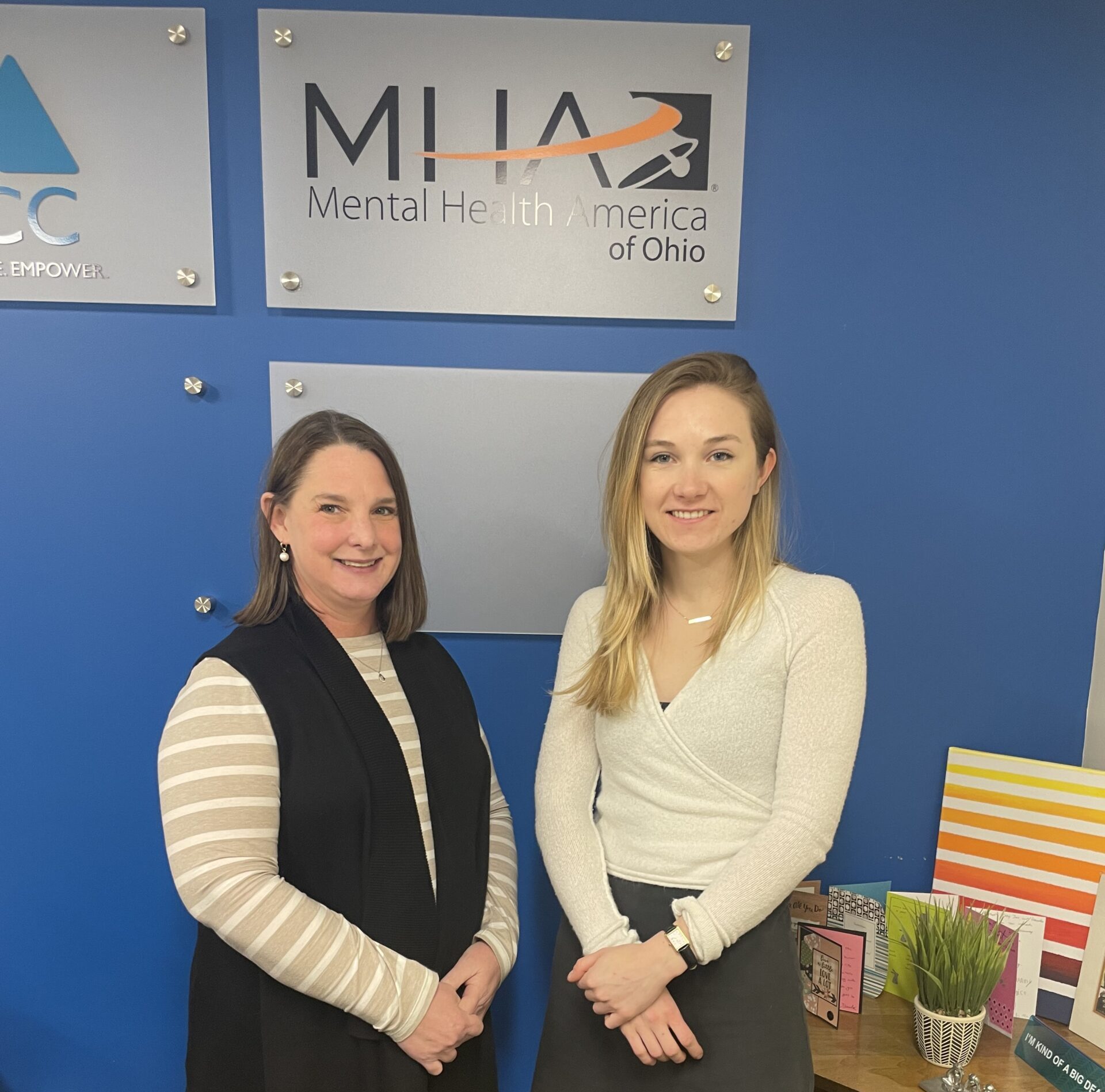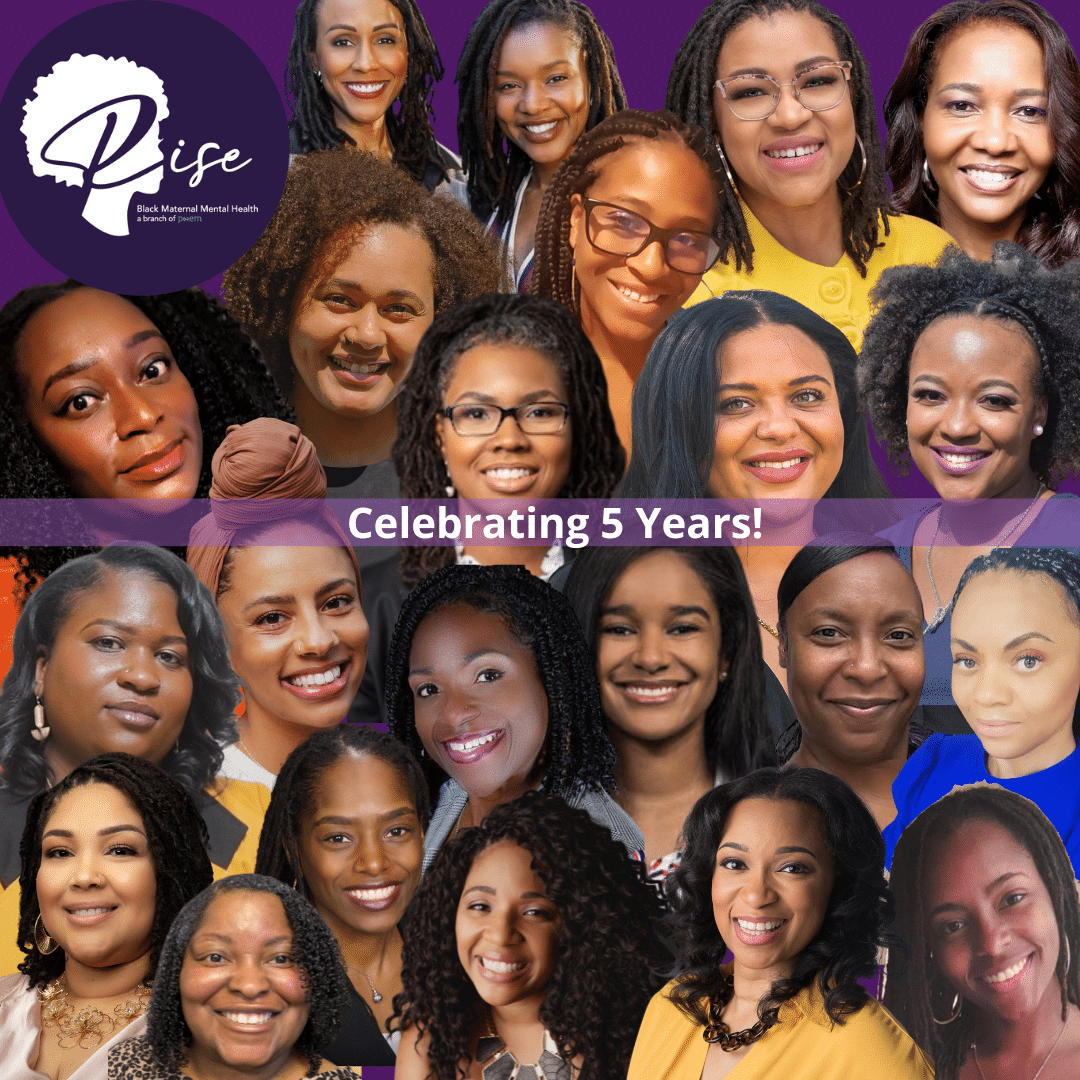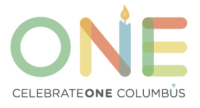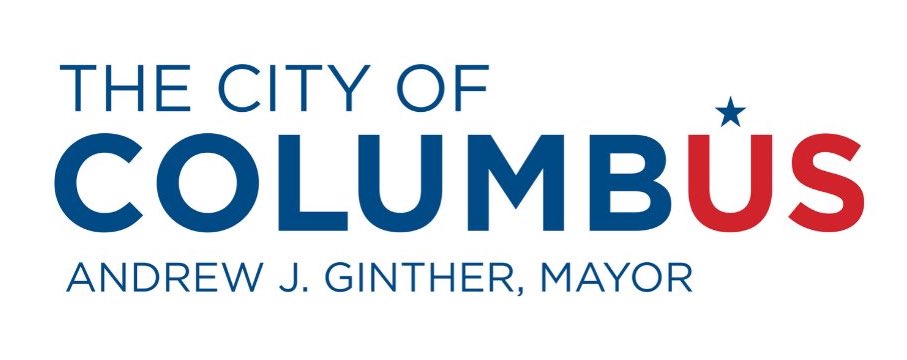Erin Upchurch, MSSA, LISW-S, will be one of the presenters at MHAOhio’s annual Youth Mental Health Conference on September 29, Understanding the Impact of Racial Trauma on Youth and Emerging Adults.

Erin is the Executive Director of Kaleidoscope Youth Center, a drop-in center for LGBTQIA+ youth and their allies, and co-founder of The Ohio REST Collective, which offers a variety of services for individuals, groups and organizations seeking to foster equity, inclusion and harm reduction. Through these roles and a career as a social worker and professor, Erin brings a wealth of knowledge and experience on trauma recovery, “empowered resilience,” and social change. Recently, Erin talked with us about the need for spaces of belonging for youth and all of us.
Erin has understood the importance of belonging since she was young. She recalls it was difficult, “… being queer, growing up Black when there weren’t other Black folks around. Now I have language for it, but [at the time] the sense of belonging didn’t exist for me.” As she grew, being able to connect with her own sense of belonging allowed her to see it was possible for others too, and creating spaces of belonging is now a focus of her work. As Erin says, “I don’t believe any of us should ever have to ask for permission to exist.”
Belonging is central to our wellbeing, and Erin points to its presence among Maslow’s hierarchy of needs as proof of that. While she acknowledges that no one can guarantee safety, we can do the work to create safer spaces for each other. It’s one of the ways she feels she has been able to have the most impact. Earlier in her social work career, she was troubled because she did not often see the positive result of a client seeking help, a situation she believes leads to burnout. “I really had to adjust my attachment to outcomes, and ask, ‘What can I do?’” Erin says. What she arrived at was using ordinary acts to affirm, amplify, and uplift the humanity and dignity of the people she served – creating a shared sense of belonging.
For some LGBTQIA+ youth, going to school or coming to Kaleidoscope are the only moments when they feel affirmation and a sense of belonging. “We’ve seen youth come to Kaleidoscope dressed in one manner of traditional gender expression, changing while they’re at Kaleidoscope and then changing back before they go home,” Erin says.
The pandemic created more isolation and loneliness for the youth she serves, many of whom no longer had access to those spaces where they could be themselves. Like many organizations, Kaleidoscope shifted to offering opportunities to interact virtually and still saw about 4,000 engagements between March and December of last year. While that accessibility opened up the Center to youth who could not get there before, Erin also found that not all of their youth could be safe online. Kaleidoscope saw a particular impact on members of their affinity group for queer youth of color (QPOC). During the pandemic, staff noticed that some of the regular participants were not present. Staff members reached out to individual youth – having representative staff and leadership was vital in allowing them to do so – and found there were a variety of barriers. For some, it was the added responsibilities of having to provide income for their families, and for others, the online forum didn’t offer a sense of community for them. Her staff responded by trying different forms of outreach, like regular text messages checking in, or even driving to the home of one youth to deliver resources. Erin says, “We understood the importance of being culturally responsive, but this was a good reminder that we should be intentional about it.”
While creating spaces of belonging and cultivating compassion for those around us impacts individuals, Erin also sees these as essential steps for creating systemic change.
“As advocates, we really need to develop that collective voice around dignity and humanity,” she says. “I believe the more we can lift up that conversation and walk that walk, the more we can begin to see some systems start to change, even if it’s just a little shift or just becoming a little more expansive. That work is no less important.”

